Mankind’s quest to be able to run older video games on newer hardware has always been a never-ending endeavour, even more so in a day and age when legacy software titles are rarely available on major gaming platforms. Unsurprisingly, the versatile nature of an operating system like Android makes it very ideal for video game emulation, and as such the platform is populated by a number of emulation apps.
On the other hand, Android’s biggest rival – iOS – is just getting around to allowing emulators via the App Store, thanks to new changes in Apple’s developer guidelines and policies. While iOS users have always had access to emulator apps, these weren’t always available directly on the App Store and required an extra number of steps to install on their device.
READ: The Appstore’s First Emulator App Arrives – and then Disappears
Given that iPhones are generally competent in terms of performance though, does this new development mean that people will start flocking to iPhones for an unhindered emulation experience? Probably not.
The iOS Situation
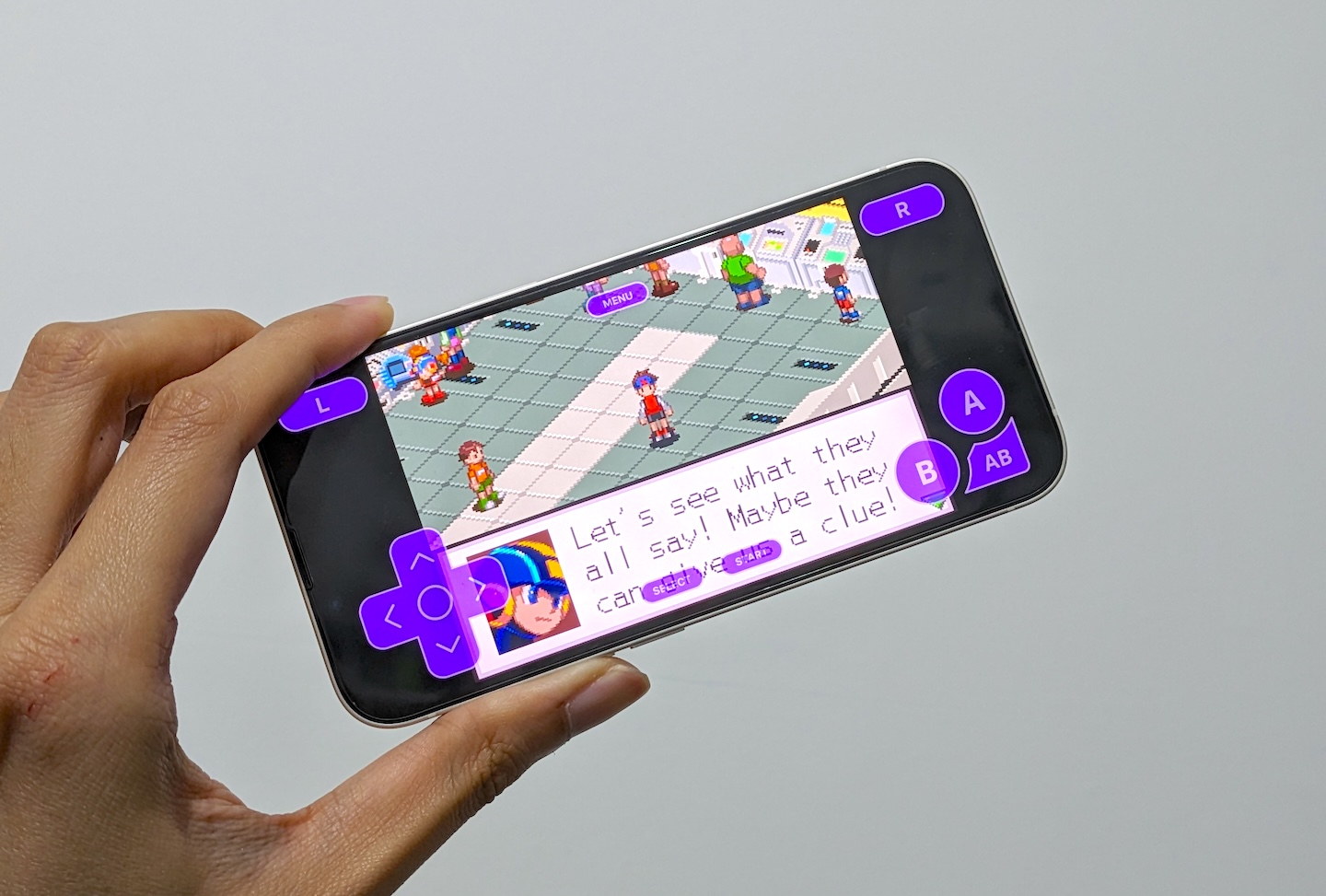
It’s important to note that running older games on iPhones has always been possible, although as we mentioned earlier not very straightforward. In lieu of jailbreaking one’s iPhone, you had to install an alternate app store before being able to access certain emulators. Times have changed of course, and Apple now allows emulators directly on the app store, as seen with the arrival of apps like Delta.
It’s fair to say that at this moment in time though, most developers are still working on porting their emulators over to iOS – as such, a quick search on the app store yields very few results. There have been a couple of entries earlier on, although both were quickly removed from the platform – one on the basis of using stolen code, and the other due to fear of possible legal repercussions.
Of course it’s still too early to tell, but on one hand the much-anticipated parade of emulator apps on iOS is off to a rocky start. That’s not even mentioning Apple’s rather fiddly file management system, which might factor in towards a detrimental experience, at least as far as emulation is concerned.
Android’s Approach
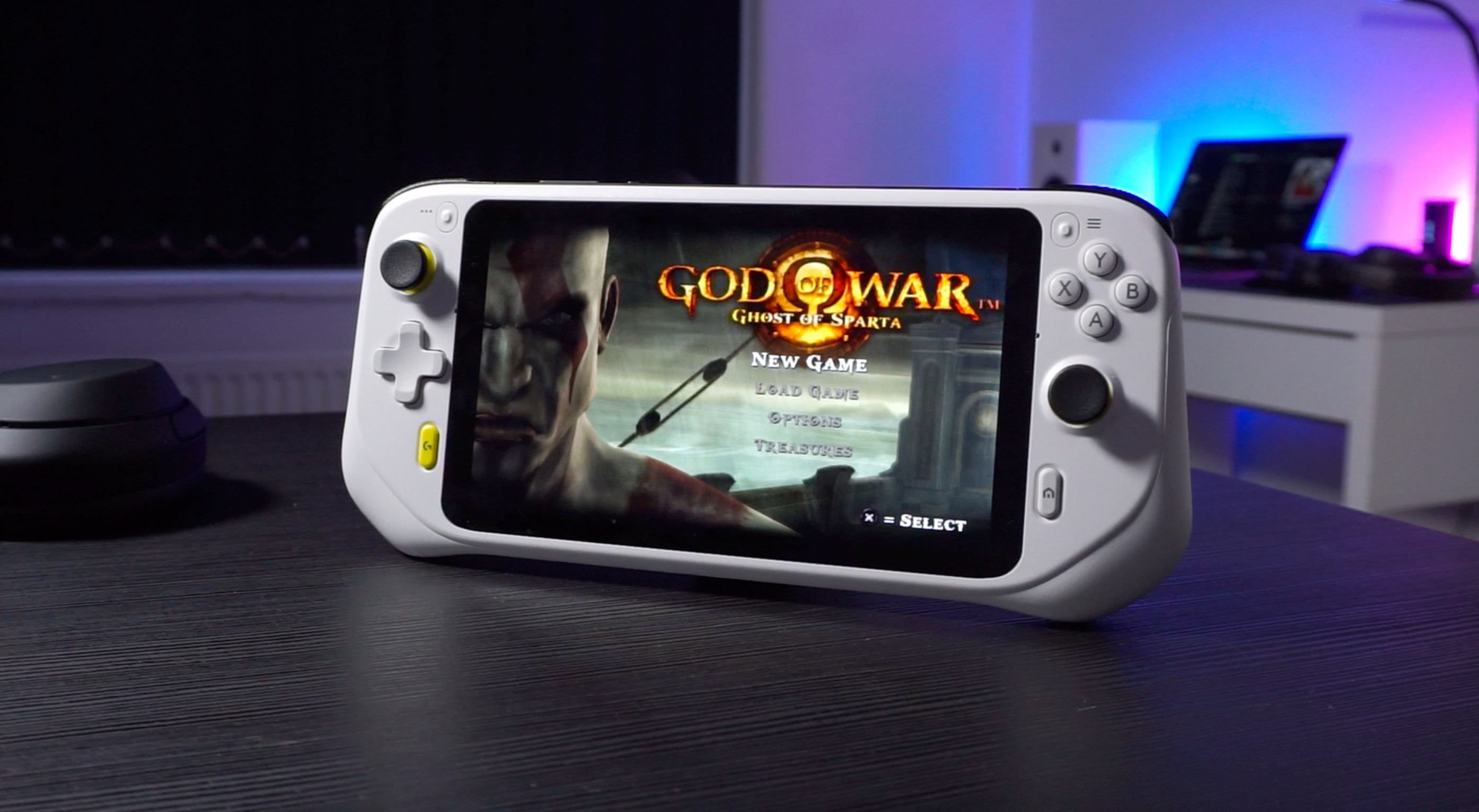
On the other hand, emulation on an Android device is a breeze – logging into the Play Store provides access to a myriad of different emulators for different retro games, from vintage systems all the way to more modern handhelds such as the PSP. Admittedly, the list has lessened a bit as some developers have been cautious given Nintendo’s recent crackdown on emulation, but it remains a rich and diverse selection of software nonetheless.
Going back to file management, Android also makes things easier – it’s no doubt that Google’s smartphone platform offers a more intuitive and easier way to handle system files, which can be comparable to how one goes about doing the same thing on a PC. As a result, handling files such as ROMs, ISOs, bios files (and even custom game box art) to work with your emulator is a much simpler affair.
…handling files such as ROMs, ISOs, bios files (and even game box art) to work with your emulator is a much simpler affair.
All of this is basically made possible due to Android’s more open nature, which is in some ways a bit more ideal for users who want to find a way to play legacy games on their smartphone or tablet.
Hardware Compatibility
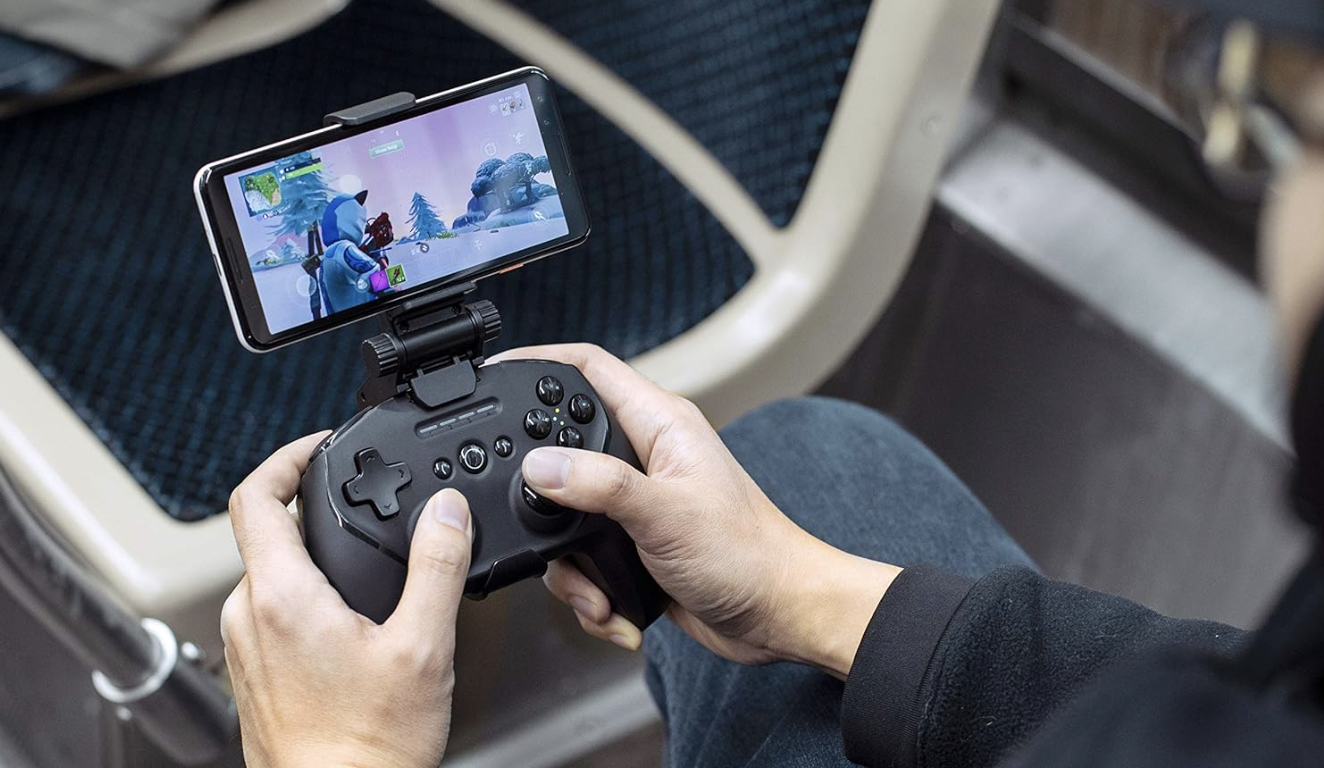
This takes us to our next point of discussion – Android also plays nicer with different hardware form factors and peripherals. Tired of using touch controls? Simply pair a Bluetooth controller to your phone or tablet, and voila. Of course you can also do the same thing on an iPhone, but the hardware selection is arguably much more limited in terms of variety and third-party support.
READ: How to connect PS5 DualSense controller to an Android smartphone
Additionally, Android also comes in different shapes and sizes. You don’t necessarily need a phone to play your emulators, as there’s a wide range of dedicated handhelds running on Android that can easily do the job. Take for example the likes of the Razer Edge Handheld and the Logitech G Handheld, which come with dedicated controls and UIs. Even foldable devices from Samsung and Honor make ideal hardware to emulate more unique, dual-screened systems on.
In all honesty though, it’s great to see Apple open up its mobile platform to allow users more freedom in accessing legacy software titles on their devices – lesser restrictions generally lead to better user experiences, and it’s something that’s been long overdue. At the end of the day however, Android – at least at the moment – simply offers a much more customizable and easily accessible way to play retro video games, in more ways than one.

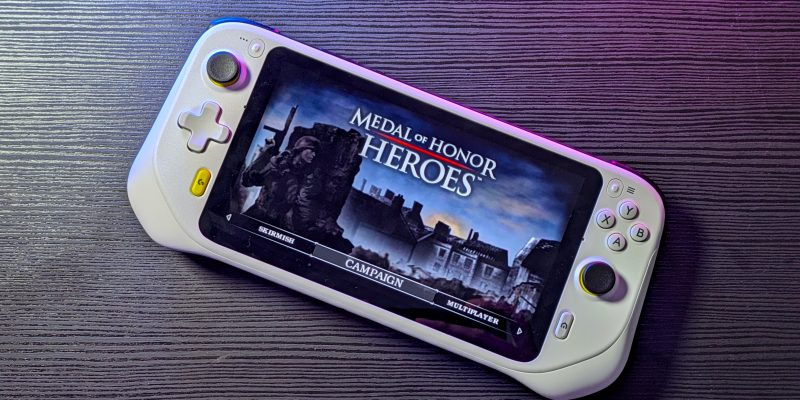



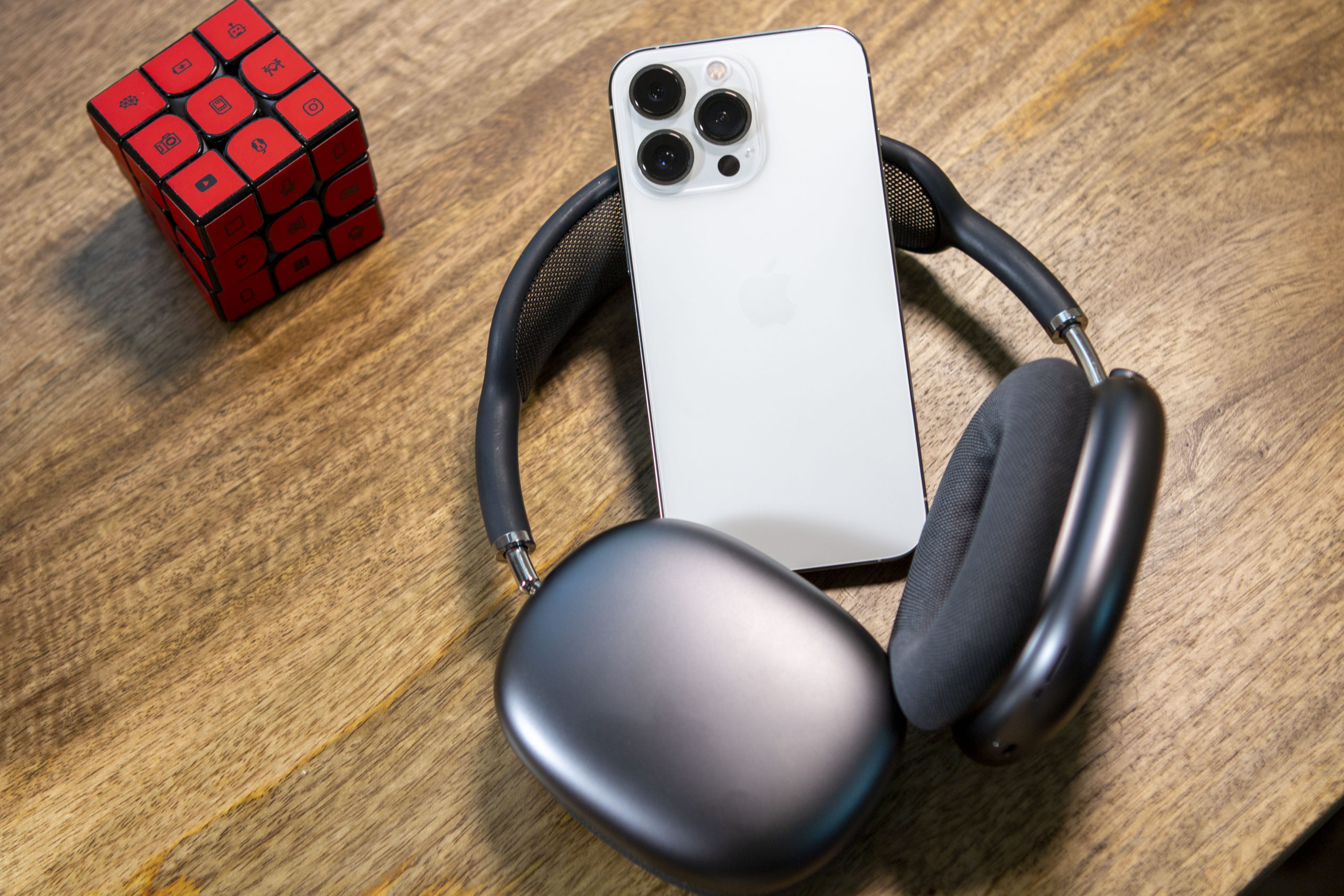


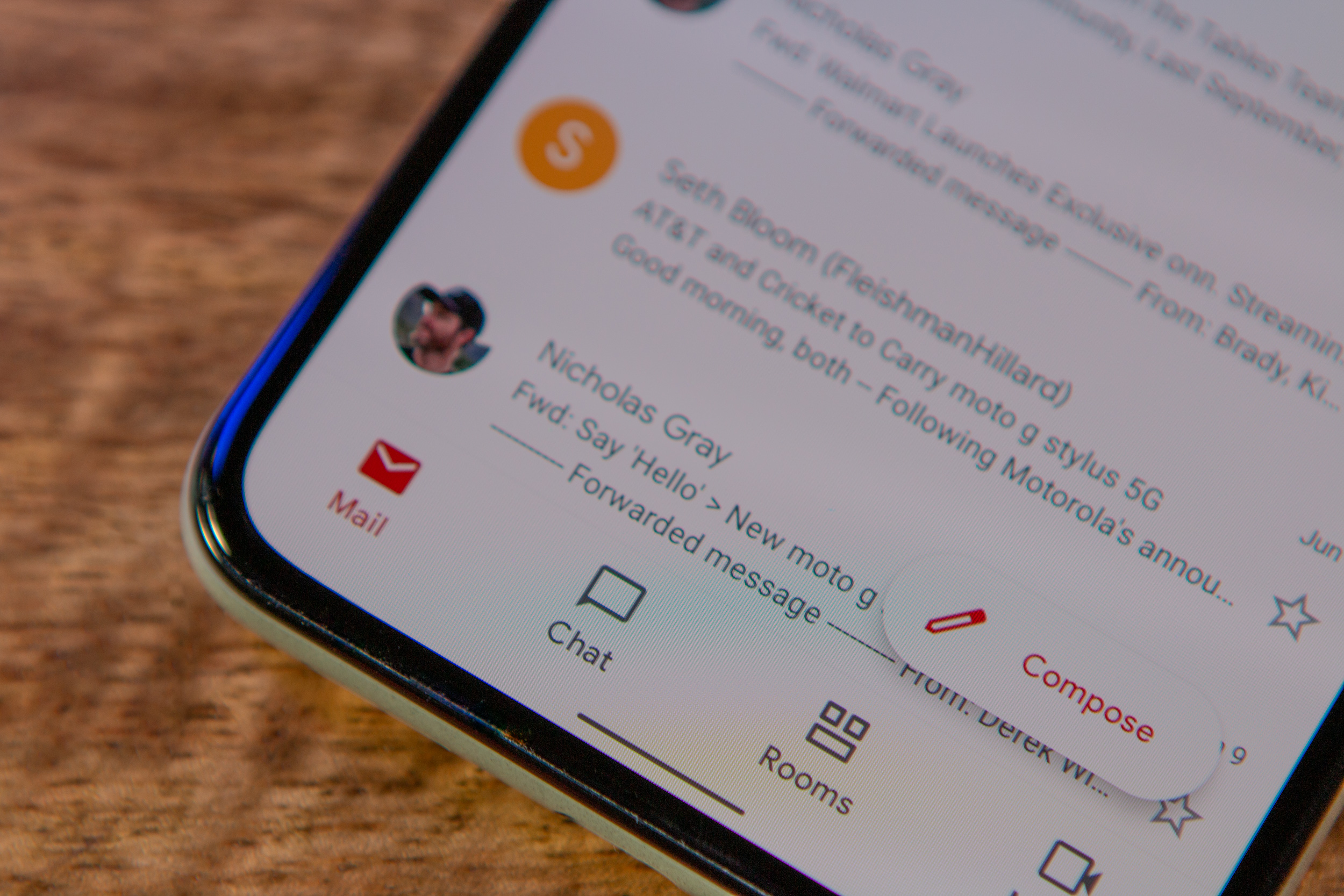
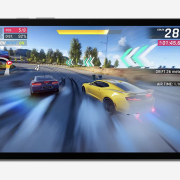
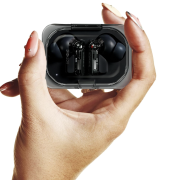

Comments